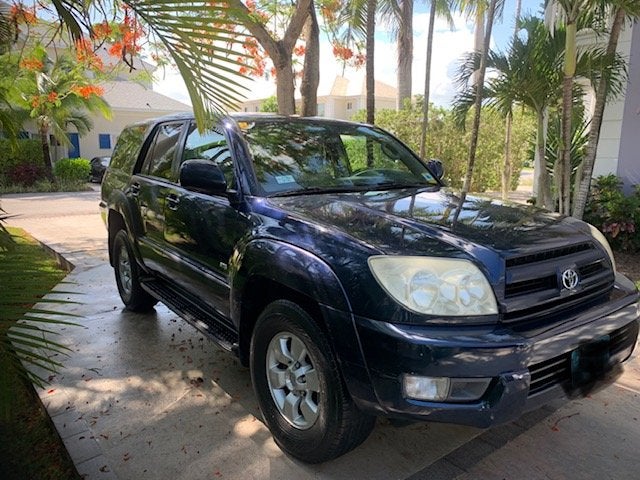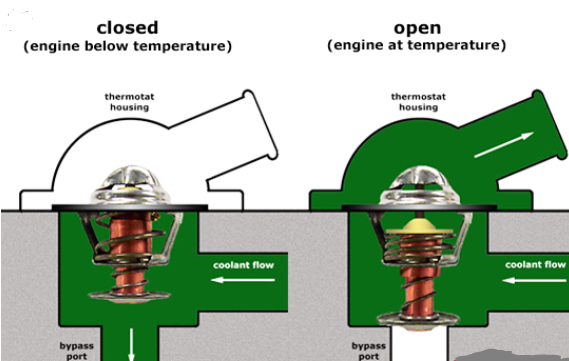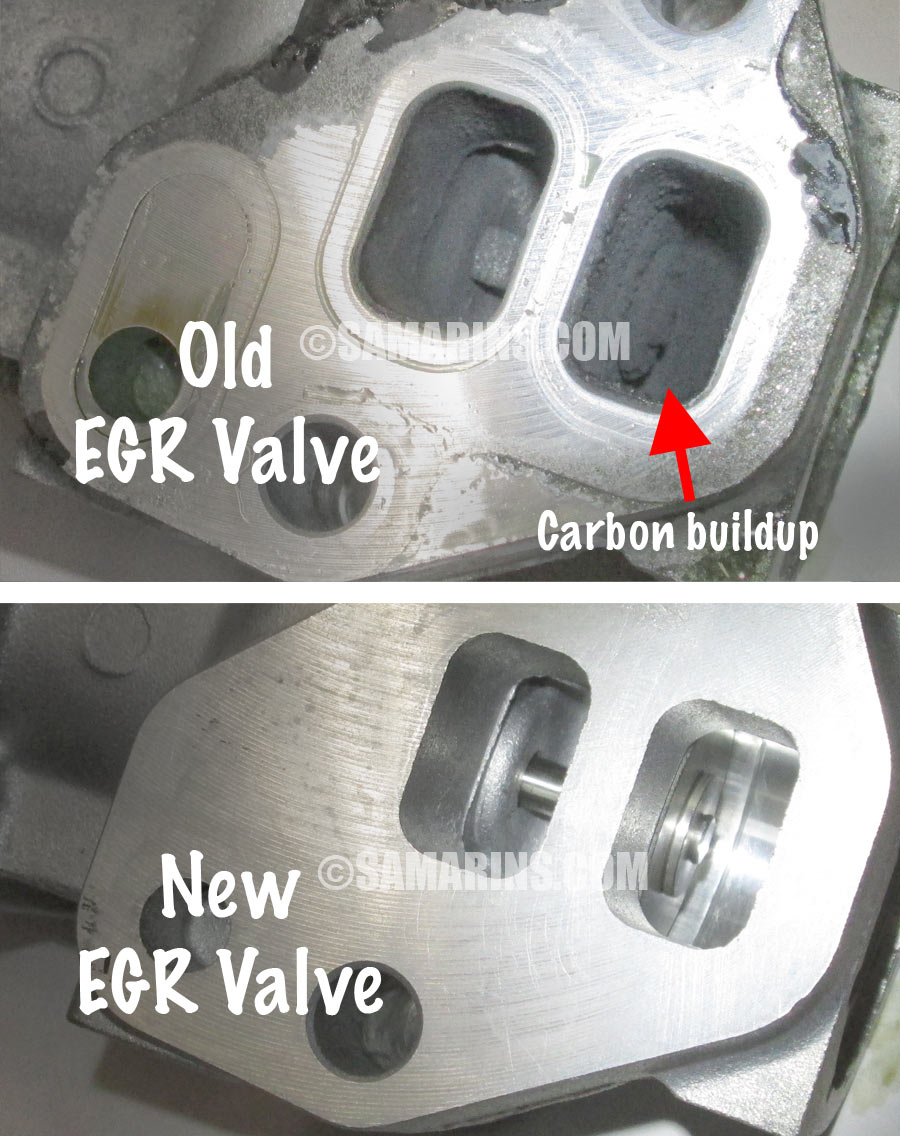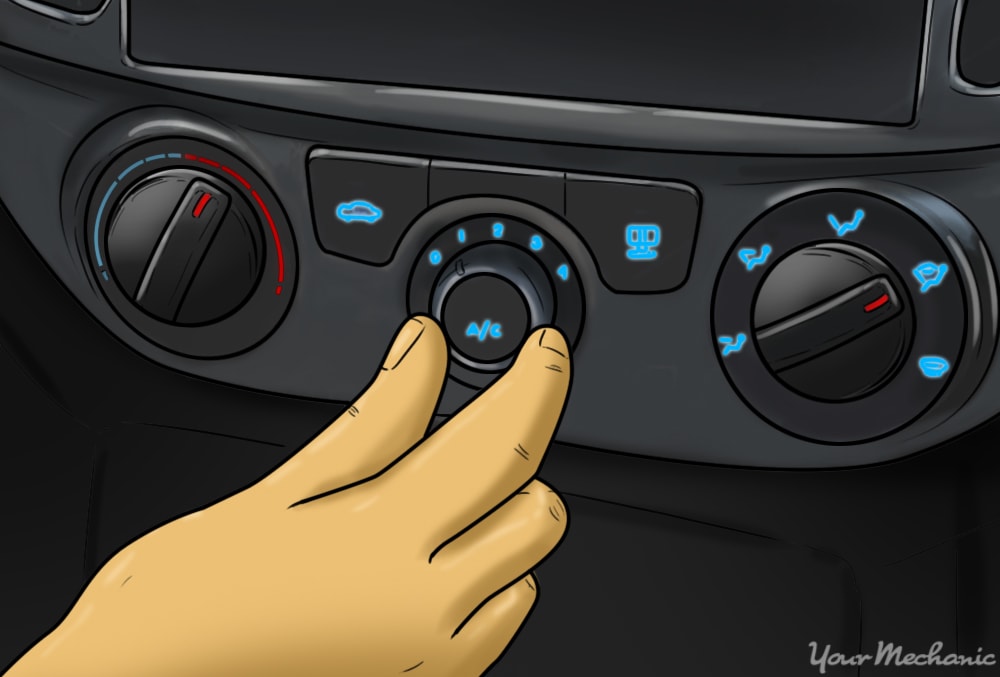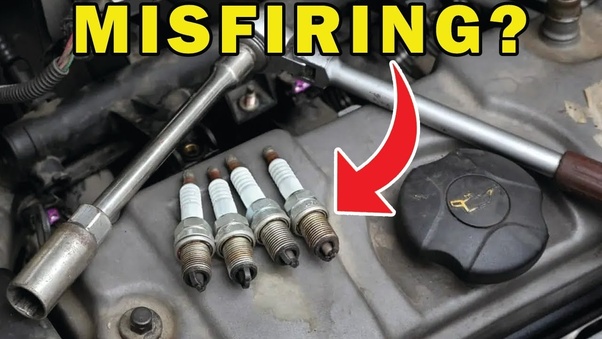How Long Does a Toyota Radiator Last
The lifespan of a Toyota radiator typically ranges between 8 to 10 years. Factors like maintenance and driving habits can affect this expected duration.
Proper care is essential to ensure the longevity and optimal performance of your Toyota’s radiator, as it plays a vital role in engine temperature regulation. A radiator’s condition can significantly impact vehicle health, thus regular inspection and maintenance are recommended.
Routinely checking for leaks, flushing the coolant system, and ensuring the radiator cap is functioning correctly can extend its service life. Extreme conditions, such as frequent driving in high temperatures or towing heavy loads, can accelerate wear and reduce longevity. Vehicle owners should consult their Toyota’s manual and maintain a service schedule to keep their radiator and cooling system in peak condition, safeguarding against overheating and costly repairs.
Toyota Radiator Longevity Factors
Understanding the lifespan of a Toyota radiator is vital for vehicle maintenance. Several factors influence how long a radiator will last in your Toyota. Knowing these can help you maximize its lifespan.
Material CompositionMaterial Composition
The radiator’s construction plays a crucial role. Modern Toyota radiators commonly use aluminum. Aluminum radiators are lightweight and efficient. They resist corrosion better than older brass or copper radiators. A well-maintained aluminum radiator could last roughly 8-10 years.
- Aluminum: Lightweight and corrosion-resistant.
- Plastic Components: May degrade faster than metal.
Driving Habits Impact On Lifespan
Your driving habits greatly affect the radiator’s endurance. Frequent short drives cause temperature fluctuations, leading to early wear. Regular Highway driving maintains a consistent operational temperature which is beneficial.
| City Driving: | Short trips shorten lifespan. |
| Highway Driving: | Extends radiator life due to steady temperature. |
| Towing: | Increase in stress and potential overheating. |
Overloading your Toyota or towing heavy weights increases strain on the radiator. Always refer to your vehicle’s manual for recommended load limits.

Credit: parts.olathetoyota.com
Average Lifespan Of Toyota Radiators
The heart of your vehicle’s cooling system is the radiator, a silent hero responsible for preventing engine overheating. Toyota radiators are known for their durability and efficiency. Yet, like all parts, they have a limited lifespan. Generally, a Toyota radiator’s average lifespan ranges between 8 to 10 years. This is based on proper maintenance and normal driving conditions.
Model-specific Durations
Toyota’s lineup includes various models, each with unique specifications, including their radiators. For instance, a Toyota Camry might see its radiator last up to 10 years, while a Toyota Tundra, often exposed to tougher conditions, might need a replacement sooner.
| Toyota Model | Expected Radiator Lifespan |
|---|---|
| Toyota Camry | 10 years |
| Toyota Corolla | 8-10 years |
| Toyota Tundra | 7-9 years |
Comparison With Industry Standards
When compared to industry standards, Toyota radiators often exceed expectations. Many competitors aim for a 5-7 year lifespan. Toyota’s commitment to quality materials and engineering gives their radiators a competitive edge, lasting up to 10 years.
- Regular maintenance can help reach the upper limit of this range.
- Harsh driving conditions can lead to earlier replacement.
- Toyota’s reputation for reliability is consistent in the radiators’ longevity.
Warning Signs Of Radiator Wear
The longevity of your Toyota radiator hinges on numerous factors. Routine maintenance tops that list. Acknowledging the early signs of radiator wear can save you from costly repairs. Let’s explore the tell-tale symptoms to watch for.
Visible Leaks And Corrosion
Leaky radiators spell trouble. These are signs your radiator needs attention:
- Puddles under the car.
- Discoloration or rust on the radiator itself.
Corrosion weakens the radiator’s metal, causing cracks. Spotting these early can prevent major leaks.
Temperature Gauge Fluctuations
A stable temperature gauge maintains your engine’s health. Signs of radiator issues include:
- Needle spikes – signaling overheating.
- Sudden drops – suggesting coolant flow problems.
Consistent fluctuations often mean a failing radiator.
Maintenance Tips To Prolong Radiator Life
The heartbeat of your Toyota’s cooling system is the radiator, a critical component designed to keep your engine at optimal temperatures. Yet, like every mechanical part, its life span varies. Proper maintenance extends its longevity. Here are essential tips for keeping your radiator in prime condition.
Regular Coolant Changes
Coolant, also known as antifreeze, is the lifeblood of the radiator. It prevents overheating in the summer and freezing in the winter. Replacing the coolant at scheduled intervals ensures harmful chemicals don’t corrode the radiator’s inner walls.
- Check coolant levels monthly.
- Top off as necessary, but never mix different types of coolant.
- Follow your Toyota’s specific recommendations for coolant replacement, typically every 30,000 to 50,000 miles.
Periodic Radiator Flushes
Along with coolant changes, radiator flushes are equally important. Flushing cleanses the system, removes rust, and prevents the build-up of sediment.
- Plan to flush the radiator every 5 years or 100,000 miles, whichever comes first.
- Warm up your car before the flush to get the best cleaning.
- Always use distilled water, as tap water can introduce minerals that form deposits.
Remember, a little attention goes a long way in maintaining your Toyota’s radiator. Stay on top of these practices for a cooler engine and smoother drives.
Impact Of Radiator Failure On Toyota Performance
The radiator in your Toyota plays a critical role. It keeps the engine cool and running smoothly. When a radiator fails, it can cause serious issues for your vehicle’s performance.
Engine Overheating Issues
An overheated engine is the most immediate sign of radiator trouble. Your Toyota needs a working radiator to prevent overheating. Without it, the engine’s temperature soars. You might notice:
- The temperature gauge rising quickly
- Steam coming from under the hood
- Engine warning lights flashing
Driving your Toyota when it’s overheating causes severe engine damage. It’s best to stop and cool the engine down.
Potential Damage To Other Components
A failed radiator affects other parts of your Toyota. Heat damages critical components. It can lead to:
| Component | Damage Risk |
|---|---|
| Engine block | Cracks or warps |
| Head gasket | Fails and leaks |
| Transmission | Overheats and fails |
Each of these issues leads to expensive repairs. It is essential to address a bad radiator immediately to avoid these problems.

Credit: www.dubizzle.com
When To Consider Radiator Replacement
A radiator is vital for your Toyota’s health. It keeps the engine cool. If your engine runs hot, it may be time to check your radiator. Radiators can last long. But they do not last forever. You may notice signs. These include leaks, rust, or overheating. If you see these, assess your radiator. Think about a replacement. Waiting too long can damage your engine. A timely radiator replacement protects your Toyota.
Cost-benefit Analysis Of Repairs Vs. Replacement
When fixing or replacing your radiator, think about cost and benefits. Small issues such as minor leaks might just need a repair. But if your radiator often causes trouble, consider a replacement. Compare repair costs with a new radiator’s price. Also, think about future savings. A new radiator may save money over time. It stops ongoing repairs. It prevents possible engine damage.
Here is a simple table to help you decide:
| Option | Short-Term Cost | Long-Term Benefit |
|---|---|---|
| Repair | Low | Varies based on the issue |
| Replacement | Higher | Longer radiator life, reduced engine risks |
Assess both immediate and future impacts to make the best choice for your Toyota.
Finding The Right Radiator For Your Toyota
Finding a suitable radiator for your Toyota is crucial. Ensure a perfect fit and compatibility with your car model. Toyota offers many radiator options. All are dependable and designed for specific models.
- Check your Toyota’s manual for radiator specifications.
- Use trusted Toyota parts dealers to get a genuine radiator.
- Consider warranty options for your new radiator.
A proper radiator keeps your Toyota running smoothly. It is an investment in your car’s longevity.
Remember to choose a radiator that complements your Toyota’s needs. Quality and reliability should guide your purchase. Your Toyota deserves the best care.
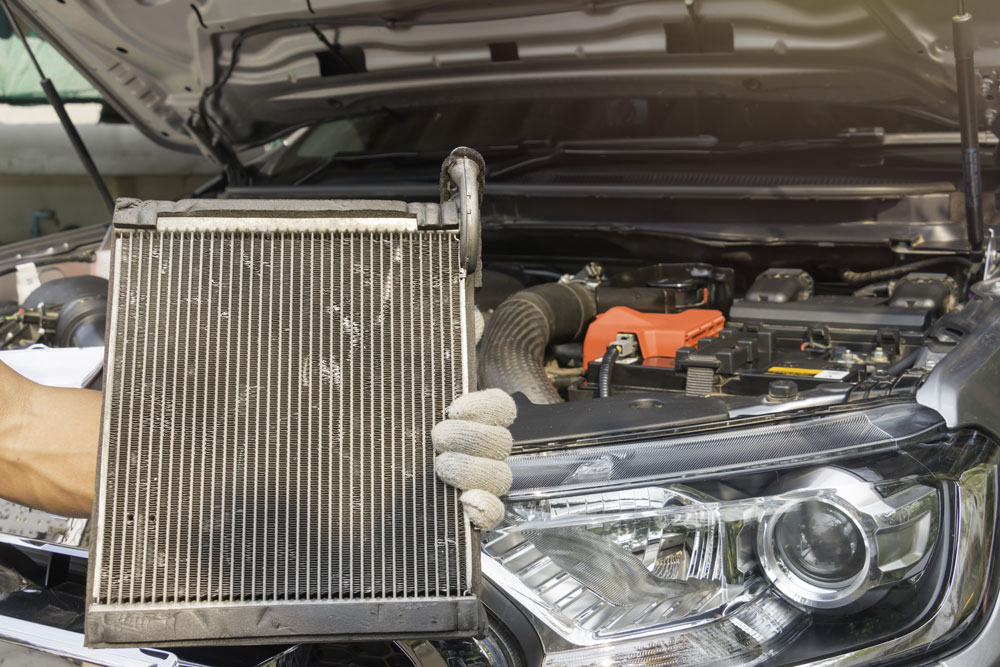
Credit: reddevilradiators.com.au
Frequently Asked Questions Of How Long Does A Toyota Radiator Last
What Is The Average Lifespan Of A Toyota Radiator?
Toyota radiators typically last between 8 to 10 years. However, this can vary based on vehicle maintenance, driving habits, and environmental factors.
Can Frequent Driving Affect My Toyota’s Radiator Longevity?
Yes, frequent driving can accelerate wear on your Toyota’s radiator. Stop-and-go traffic, towing, and harsh conditions demand more from the cooling system, potentially reducing its lifespan.
How Can I Tell If My Toyota Radiator Needs Replacing?
Signs your Toyota radiator needs replacing include consistent overheating, coolant leaks, sludge in the radiator, and visible corrosion or damage to the radiator itself.
Does A Toyota’s Model Affect Radiator Durability?
Certain Toyota models might exhibit different radiator lifespans due to design, usage, and built-in cooling system features. It’s best to consult your specific model’s maintenance guidelines for tailored information.
Conclusion
Wrapping up, a Toyota radiator typically offers years of reliable performance. Expect it to last between 8 to 10 years with proper maintenance. Regular checks are key to longevity, ensuring your vehicle stays cool and runs smoothly. Remember, a well-cared-for radiator is central to your Toyota’s health and efficiency.

